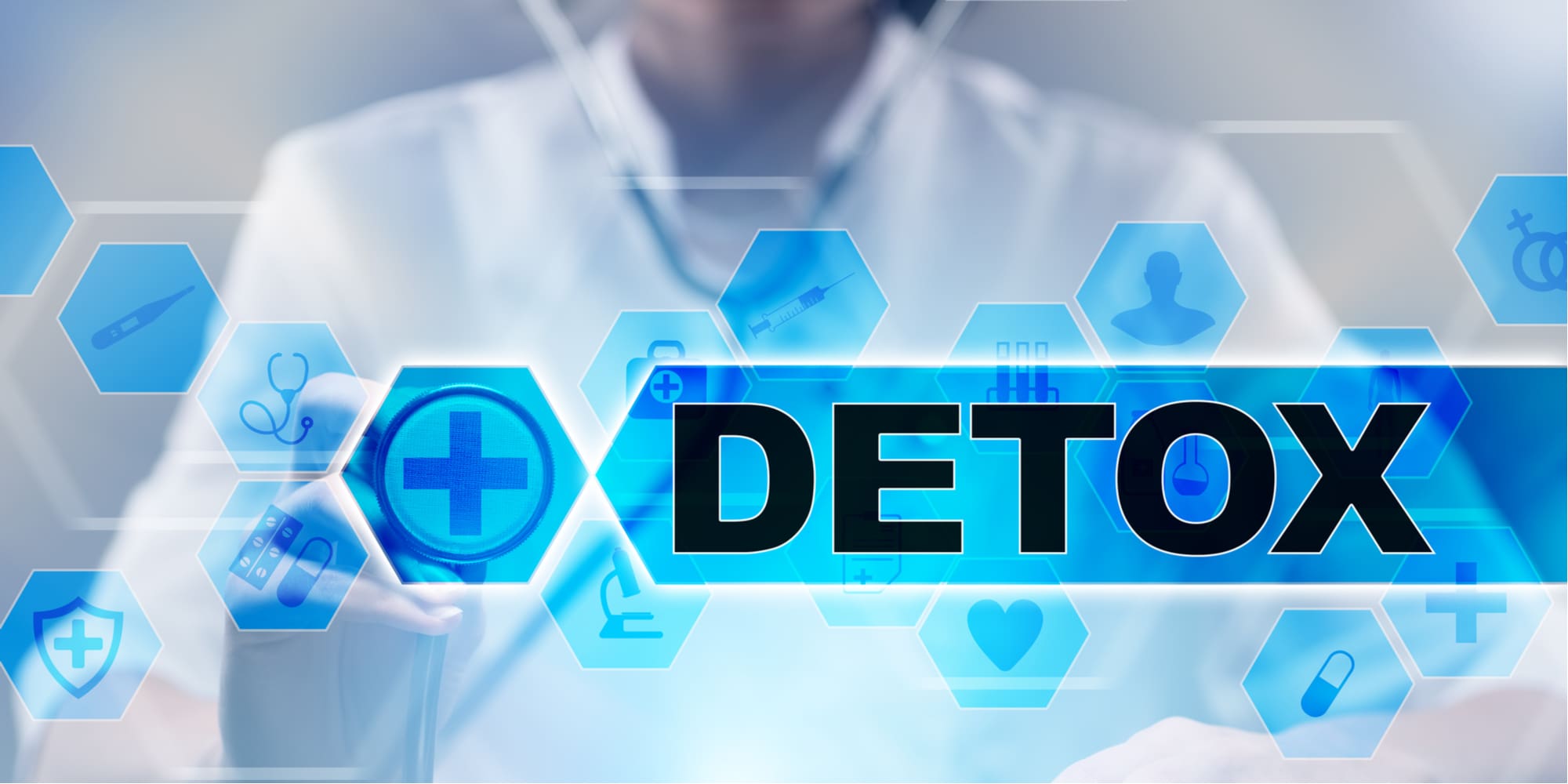How Alcoholism Treatment in NJ Addresses Both Physical and Emotional Healing

Alcohol addiction is a complex condition that affects both the body and the mind. For individuals seeking recovery, comprehensive care that addresses the physical and emotional aspects of addiction is essential for long-term success. New Jersey’s alcoholism treatment programs prioritize a holistic approach, ensuring patients receive the support they need to heal both physically and emotionally.
This blog explores how Alcoholism Treatment NJ integrate physical and emotional healing techniques to help individuals rediscover their lives free from alcohol dependency.
Why Comprehensive Alcoholism Treatment Matters
Treating alcoholism involves more than just physical detoxification. The psychological impact of addiction often runs deep, intertwining closely with the physical dependency on alcohol. Addressing only one side of addiction leaves room for relapse and failure. Alcoholism treatment in NJ acknowledges this reality, providing a dual-focus approach that seeks to heal the whole person.
This comprehensive treatment model is rooted in science and evidence-based practices. Research has shown that combining physical detox with therapy and emotional support greatly improves long-term recovery rates. With this approach, patients not only overcome dependency but also regain control of their emotional well-being, laying a stronger foundation for a life free from addiction.
The Physical Healing Journey
Alcohol dependency often takes a significant toll on the body. From liver damage and nutritional deficiencies to weakened immunity, alcoholism impacts physical health in numerous ways.
Medical Detoxification
The first step in the physical healing process is detoxification—a supervised process that safely removes alcohol from the body. Professional care is essential during this stage, as withdrawal symptoms can range from uncomfortable to potentially life-threatening. Programs in New Jersey utilize medical expertise and supportive care to manage withdrawal symptoms effectively, ensuring a safer experience for patients.
Rebuilding Physical Health
Beyond detox, treatment focuses on restoring physical health. Nutritional counseling plays a vital role, helping individuals replenish their bodies with the nutrients lost during active addiction. Additionally, exercise therapy is often incorporated to strengthen the body, improve sleep patterns, and boost overall energy levels.
By prioritizing physical healing at the outset, treatment programs prepare patients to tackle the emotional challenges of recovery with newfound strength and resilience.
The Emotional Aspect of Addiction
While alcohol takes a physical toll, its effects on mental health can be just as profound. Anxiety, depression, and trauma often coexist with addiction, creating a challenging cycle to break. Treating emotional wounds is a critical component of recovery.
Individual and Group Therapy
Therapy is at the heart of emotional healing in alcoholism treatment. Individual therapy allows patients to explore their own struggles and triggers, while group therapy fosters connection and shared understanding. Evidence-based methods such as cognitive behavioral therapy help patients recognize and shift harmful thought patterns, empowering them to make healthier choices.
Coping Mechanisms and Emotional Regulation
Alcoholism treatment programs work to equip patients with practical skills to manage cravings, anxiety, and stress. Coping strategies like mindfulness, meditation, and breathing techniques are often introduced. These tools help patients develop emotional regulation skills, allowing them to face life’s challenges without turning to alcohol.
Addressing Underlying Causes
For many, addiction is rooted in unresolved emotional pain. Whether stemming from trauma, loss, or life stress, these underlying causes must be addressed for meaningful recovery. Treatment programs in New Jersey place significant emphasis on uncovering and healing these hidden wounds, ensuring that emotional recovery is comprehensive and sustainable.
Here is the map URL: https://maps.app.goo.gl/ti24Ecco37MJkMyW6
